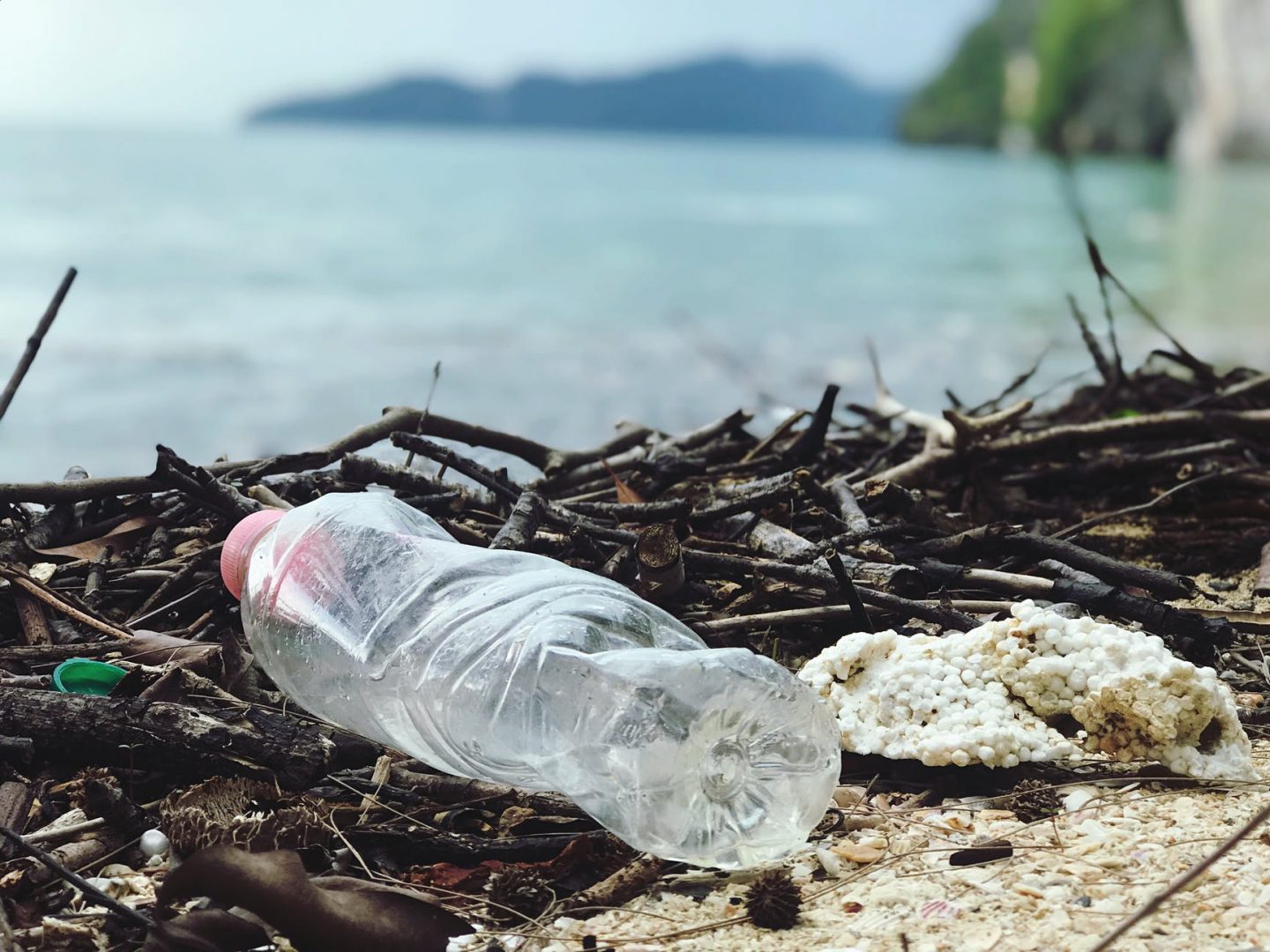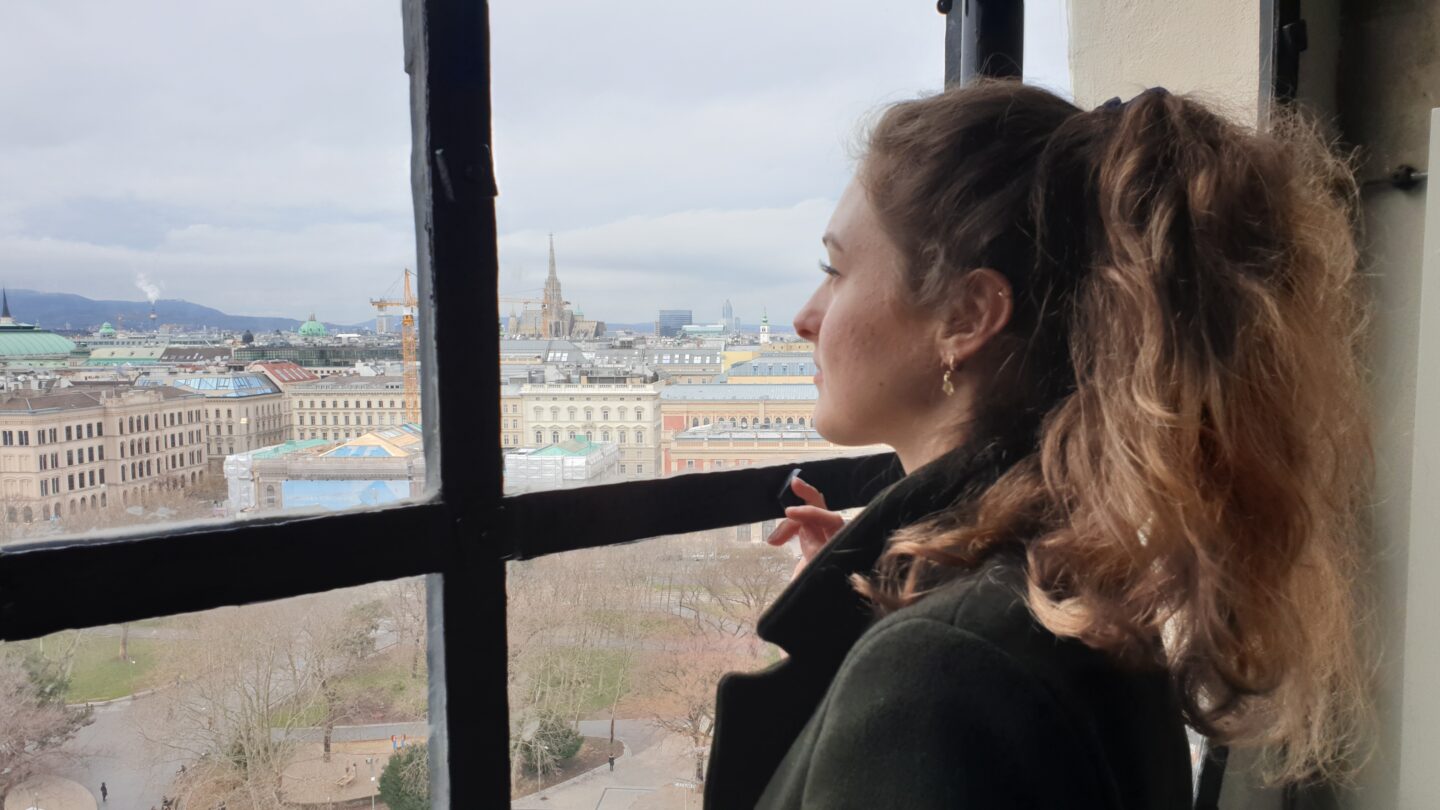Although Indonesia is certainly not hailed for its pro-environmental awareness and practices, the country has been labelled “the home of eco-Islam”. Why is it that we see this in Indonesia, and how big is its success?
Home of eco-Islam
Even though Indonesia recognises six official religions, Islam has the most members, comprising of roughly 90% of the population. The spread of this religion steadily rose after the fifteenth century with the presence of Islamic traders and missionaries. Until today, it is still the most popular religion in the country.
In the Qur’an, as in more holy scriptures, we can read passaged about ecological topics. Islam believes in the oneness with and unity of God, and sees nature as one of his creations. Perhaps more than other religions, Islam is a standard of living, with corresponding rules, laws and obligations. One of these obligations is for humans to take care of the natural environment.
Eco-Islam organisations to protect nature
The ecological movement within Indonesian Islam mainly took form with the two Indonesian organisations Muhammadiyah and Nahdlatul Ulama (NU). They started using Islamic concepts to actively protect nature in the early ’00s. They initiated two fatwas in 2006 and 2011, which made the burning and logging of trees illegal in South Kalimantan, and which questioned mining. The term haram became used by these organisations for certain eco-unfriendly behaviour and practices. And they started using hima and harim to mark and protect certain areas within Indonesia as nature conservation areas.
The Muhammadiyah and NU mosques and schools started following this movement as well. Imams and Islamic local leaders started bringing eco-Islamic teachings. And mosques improved their buildings by bringing in more plants, water filtration systems for worshipers performing wudu or even an ecological curriculum. Members and followers started circulating ecological passages from the Qur’an or started publishing their own. Some even started creating and selling eco-Islamic merchandise. As such, the Islamic ecological movement began, or the so-called eco-Dakwah.
The eco-pesantren
What seems to be one result of this eco-Islam movement within these Indonesian Islamic organisations, was the evolution of eco-pesantrens, which had an ecological mission, curriculum, and building. However, the earliest example of an eco-pesantren is Geluk-Geluk, founded in 1887, and thus eco-pesantrens might actually have been the start of the ecological movement in Indonesia.
In 2009, the eco-pesantren was introduced as a national program by the Ministry of Environment, and spread by Muhammadiyah. As a start, an eco-curriculum was implemented at 90 selected pesantrens in Yogyakarta. By 2015, there were approximately 900 eco-pesantrens under this program. In the 21st century, these schools even received an eco-label and the curriculum was further greened. The curriculum became a mix of teachings from the Qur’an about environmental protection and devotion, and showing the look and impact of environmental destruction. Activities include planting trees*, creating and maintaining vegetable gardens and sometimes distributing these to local stores, composting, recycling waste, sometimes through their own Waste Bank, and performing river and street cleanups.
Eco-Islam as grassroots movement
The area around pesantrens is a harim zone, and most if not all of its activities are performed around the school. These schools often collaborate with the local community, and its teachers often travel within the rural area to spread the teachings. It shows signs of being like a grassroots movement, working bottom-up from self-organised communities.
Being taught and given these valuable lessons and experiences at a young age, through a mode (Islam) and a way (community empowerment) is perhaps easily accepted in Islamic and community-based Indonesia. Eco-pesantrens are being regarded as a success, a worldwide example, with Indonesia as the role model. Whether this cultural concept also works in other cultures is yet to be determined. But it is clear that the small communities on and around such eco-pesantrens show an environmental awareness and impact on their near, natural surroundings. And it is certain we can find and will see more examples of eco-Islam worldwide.
Vocabulary
Pesantren = Islamic boarding school
Fatwa = Islamic legal advice
Haram = Impure (thus, forbidden by religion)
Halal = Pure
Dakwah = Political Islamisation
Wudu = Ablution
Hima and Harim = Protected area for the well-being of the community
Sources
- Indonesian environmental Islam, Gade, Anna M.
- Islamic Green Living, Ziaulhaq, M.
- Makalah Islam dan Lingkungan
- 8 Minutes Climate Issues – Muhammadiyah Curriculum
- Salawat Lingkungan; Cinta Alam, Affandi
* Some examples are of schools that asks each student to plant a tree two years before graduation, and care for the tree. At the graduation, he or she will receive a grade on how well the tree had thrived or not. Pesantren al-Haramain even reforested thirty-one hectares.




Great stuff Maxime! Ik kwam op je website vandaag tijdens rondkijken op internet tijdens conferentie over Islam & milieu. 1 van de sprekers hd presentatie over ekopesantran.